Westworld is one of the most significant shows currently on television; the sci-fi yang to Game Of Thrones' medieval ying. Previously a novel by Michael Crichton then a fun movie flick starring Yul Brenner, the latest incarnation of Westworld presents an all-encompassing dystopic vision of the future through the eyes of manmade A.I.s. While inconsistent in its quality so far, Westworld is more intelligent and thoughtful than most modern sci-fi, whilst remaining incredibly satisfying on a superficial level, creating some of the best TV of the century so far.
Season 1 was a triumph and managed to balance the action and philosophy, but season 2 failed to satisfy, losing itself to flashbacks, simulations within simulations, and a lot less structure. Fans were eager to see what season 3 brought, and it certainly arrived with a bang, breaking out the Westworld park-and-facility setting and letting the characters loose on the world. It made up for season 2's meandering but did it top season 1?
10 Season 3: Dystopia
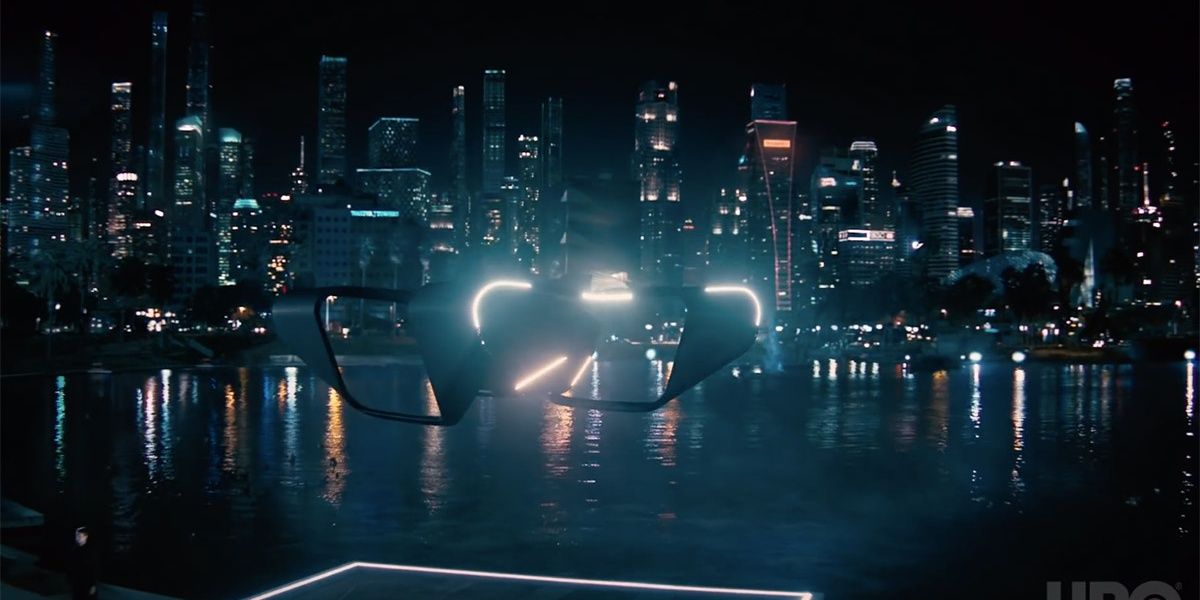
The most exciting thing about going into season 3 was that we finally got to see Westworld's future in the flesh, after 2 seasons of mere hints and vague glimpses of what lies outside the park. And the future didn't disappoint. The show managed to give off that retro dystopian vibe, whilst still grounding itself in reality.
The driverless vehicles and smartphone technology along with the jaded populace taking them using them without thinking feel very real and also look very cool, thanks to seamless special effects. And I'll take solid photo-realistic holograms over the see-through blue-tinted glitchy nonsense most sci-fi subjects us to.
9 Season 1: Storytelling
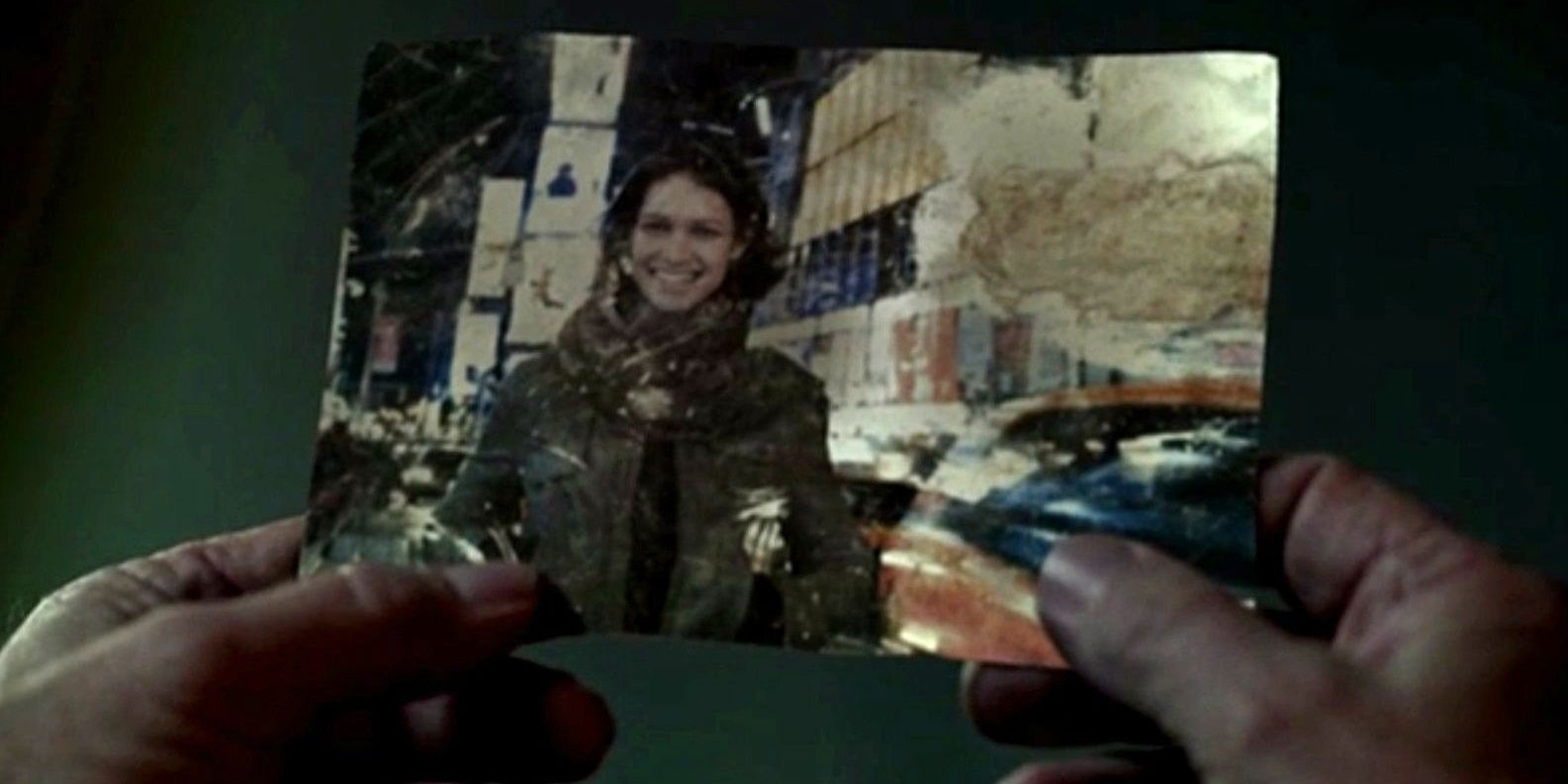
Much like the original Die Hard, you have to concede that season 1 had a much more manageable playing field than season 3, but the most notable thing season 1 had over 2 and 3 was consistency, particularly when it came to storytelling. Season 1's story was perfectly crafted and took the audience on a rollercoaster of an adventure, whilst teeing up the mystery and asking some big questions, before pulling the rug out from under the audience and tying everything to a spectacular conclusion
Both seasons 2 and 3 lacked the subtlety and structure of season 1, asking and answering questions all over the place, often resorting to spending 5 minutes having a character tell us what's happening. People often ask what the difference between plot and story is; Well season 3 of Westworld is a prime example of the plot stopping the story in its tracks.
8 Season 3: Action
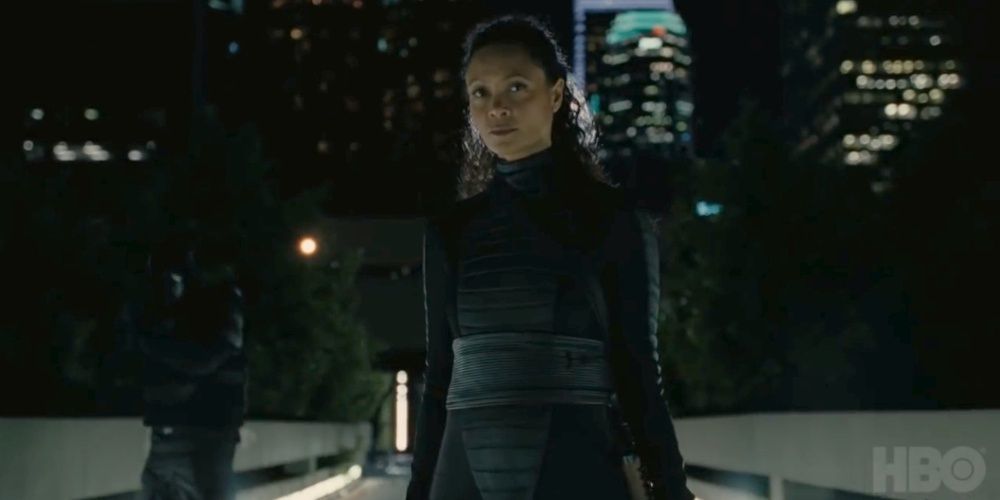
It must be said that some of the action in seasons 2 and 3 felt less justified than in season 1, much the same way that Kickass 2 left some fans feeling uncomfortable. In season 3 this was mainly down to Thandie Newton's badass Maeve and her waffly motivations this season.
However, when it comes to the action itself, season 3 has reached a whole new level. The visual effects and C.G.I. are stunning, and the action scenes are well-edited and choreographed if a little cheesy. It's hard not to cheer when the robot arm comes crashing through the wall in episode 6.
7 Season 1: Cast
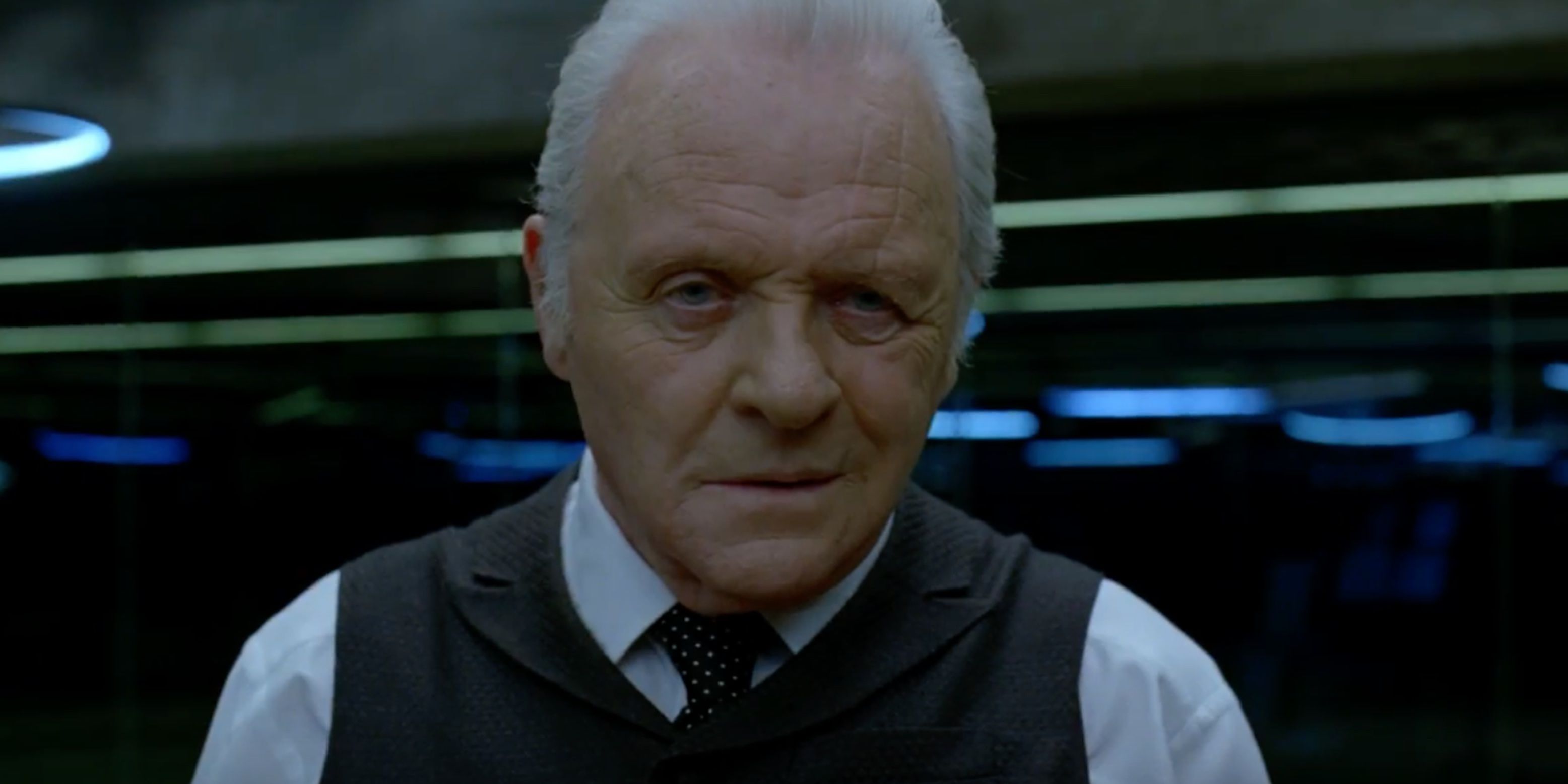
While season 3's cast is not to be sniffed at, especially considering newcomers Vincent Cassell and Aaron Paul, it still doesn't top how impressive the first season's cast was initially. Also, Anthony Hopkins was too good not to quickly become the show's lifeblood, and Westworld failed to follow Game of Thrones' lose a British Thespian/add another British Thespian policy.
Season 1's stellar ensemble of Anthony Hopkins, Ed Harris, Thandie Newton, Jeffrey Wright, Tessa Thompson, and Jimmi Simpson coupled with formidable newcomer Evan Rachel Wood in the lead made for some delicious dialogue scenes and beautiful performances, with each cast member being fully utilized. Also, season 3 had no Louis Herthum as Peter Abernathy, who was so brilliant in his small role in season 1 he probably regrets doing it.
6 Season 3: Special Effects
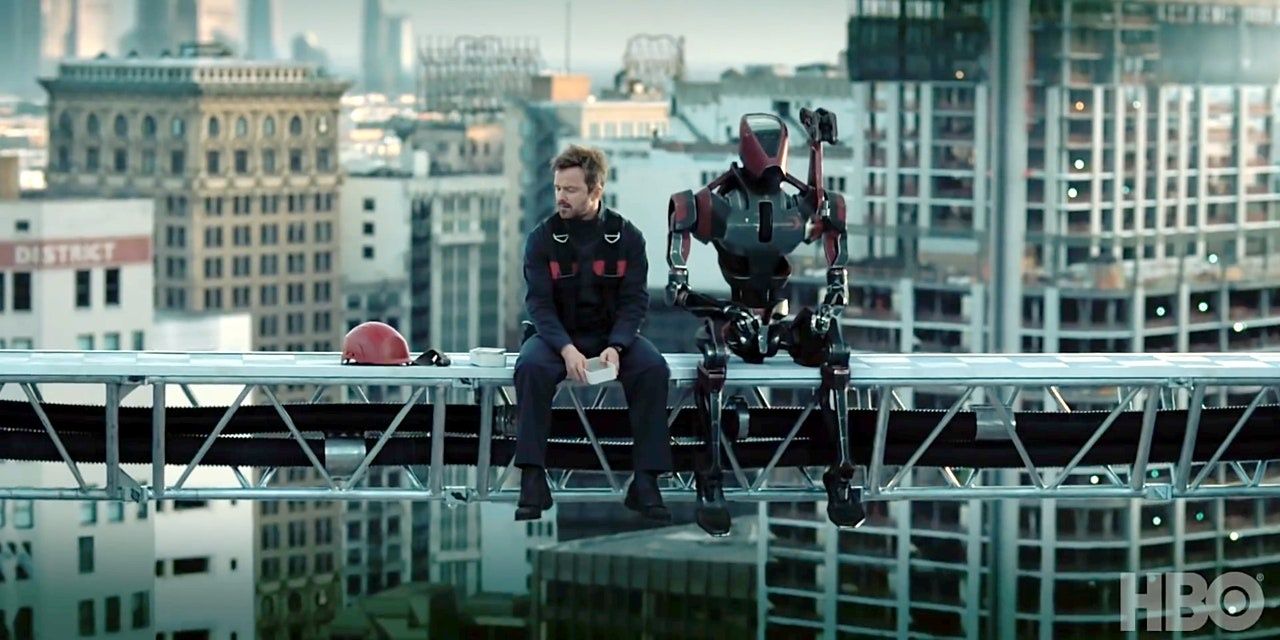
The show has been acing its visual effects since the get-go, but the sheer scale of the world the show had to present in season 3 demanded they raise the bar significantly.
As with Game of Thrones, it's incredible what HBO managed to achieve on the small screen, in this case, a world of humans and robots and holograms and automated machines all seamlessly interacting with each other in an ultra-real futuristic cityscape, often violently.
5 Season 1: Music
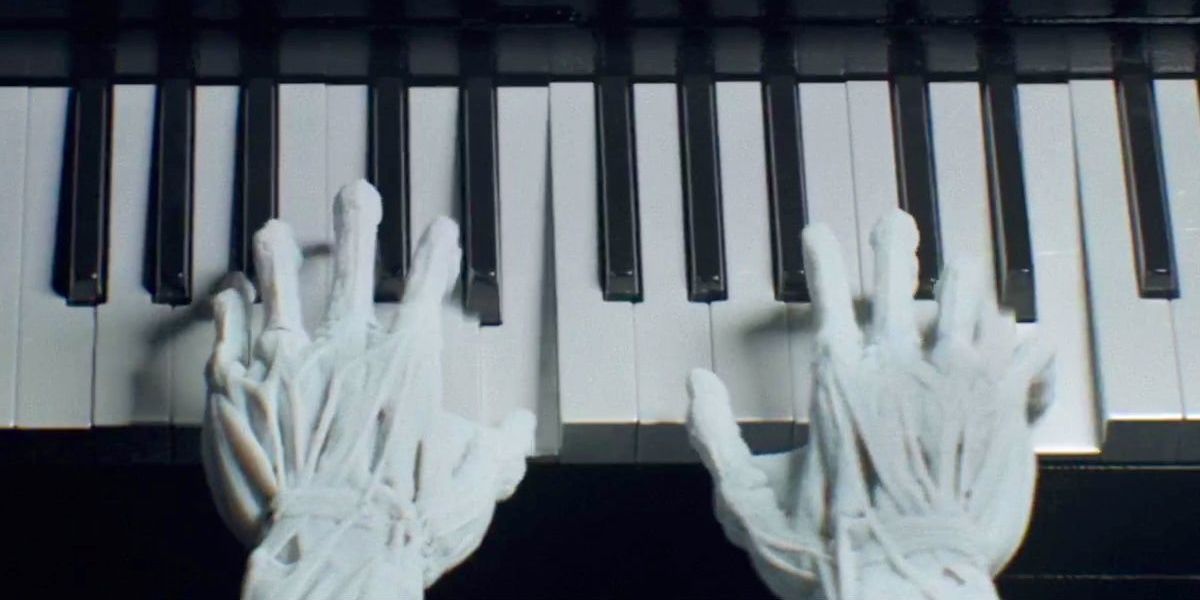
While the show retains a mix of Ramin Djawadi's score and handpicked pop culture classics, the soundtrack has lost some of the magic of the first season. For one thing, the music in season 1 helped to immerse the audience in the story and build the atmosphere, while a lot of the music in season 3 pulls you right out. The 'Genre' episode was a good example of this, though it was clear what they were going for and what they were going for would have been awesome.
Season 1 also had the charm of the old-timey self-playing piano performing pop songs and the intensely moving Radiohead cover that accompanied Maeve's heart-breaking tour of the facility.
4 Season 3: Makes Sense
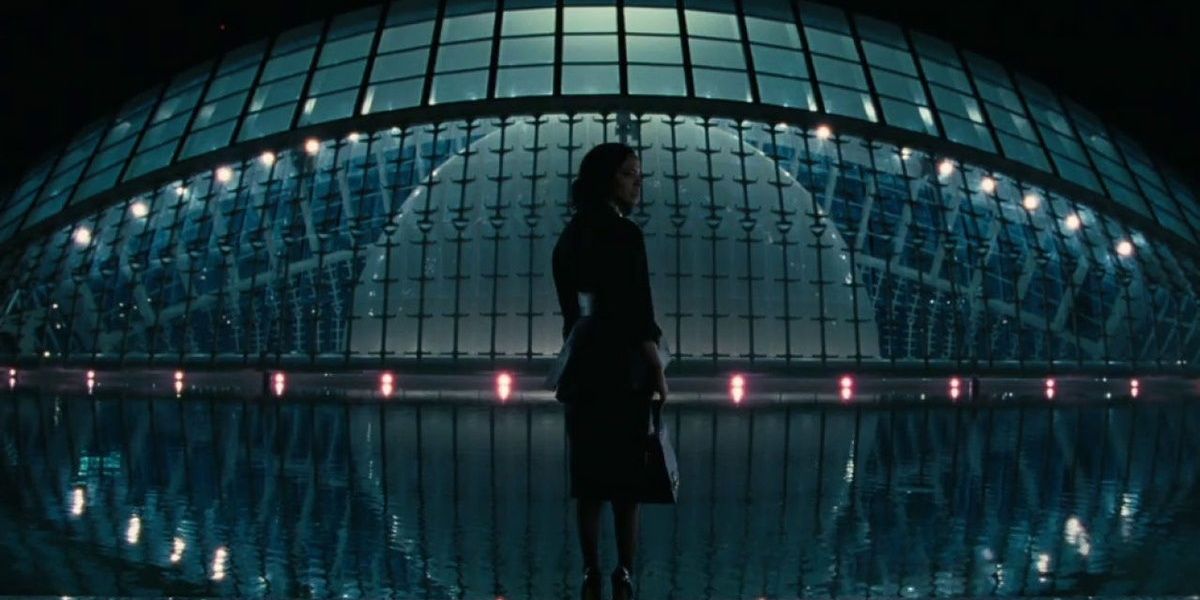
While leaving the Westworld facility makes for a messier story and a lot more variables, the Westworld facility setting wasn't perfect.
Considering how relatively grounded the show is in its depiction of the future, it's strange the show never explains exactly how the park functions, like how guests and hosts can tell the difference between hosts and guests, and even with the hosts firing blanks and programmed not to hurt people, it still seems like the park would both have way more fatal accidents and get shut down quicker than its Jurassic equivalent.
3 Season 1: Character
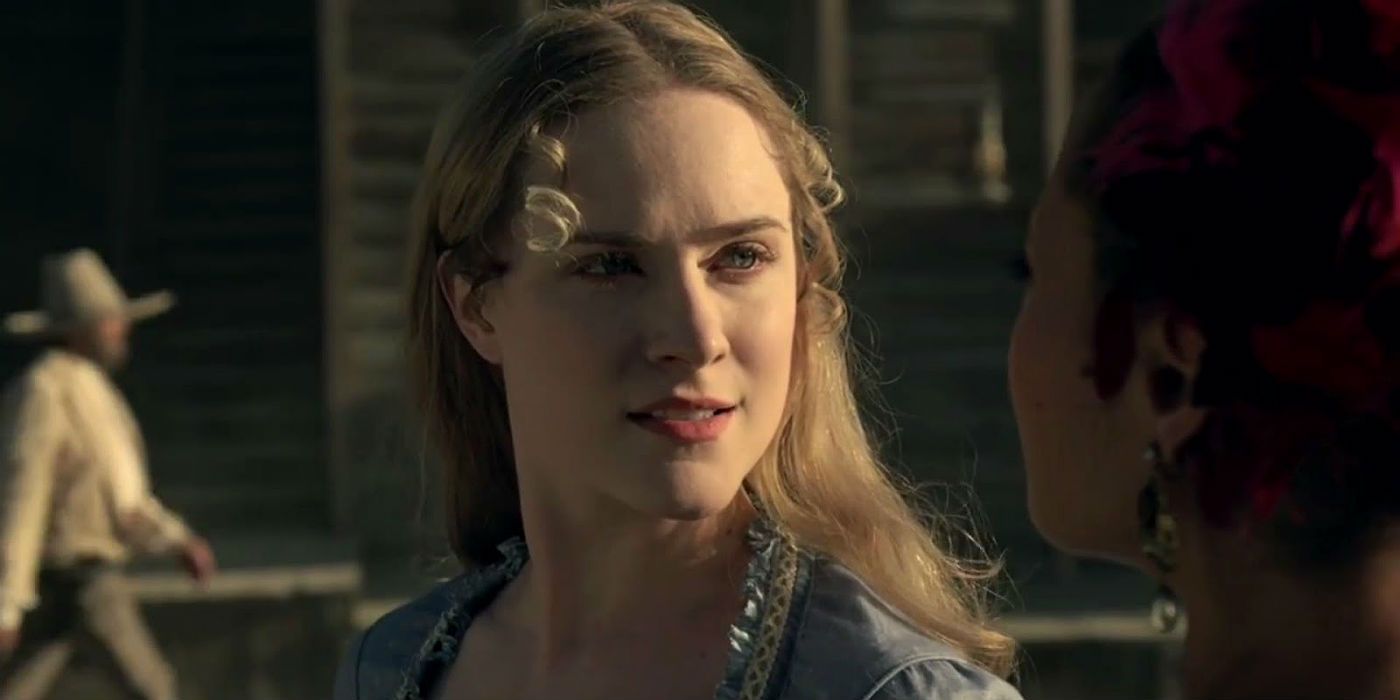
While Dolores held up, for the most part, other favorites - like Maeve, William, and Bernard - have lost a lot of momentum since season 1, and the writers are failing to utilize the world-class talent at their disposal. And while Tessa Thompson killed it, in control name-taking overtly sexual human Charlotte Hale was TV gold and insecure A.I. Charlotte Hale was as much of a burden to the audience as she was to Dolores.
Every character had their clear motivations and inner conflicts in season 1, and the story left room for the actors to act. You can tell they're a lot less invested in their characters in season 3.
2 Season 3: Aaron Paul
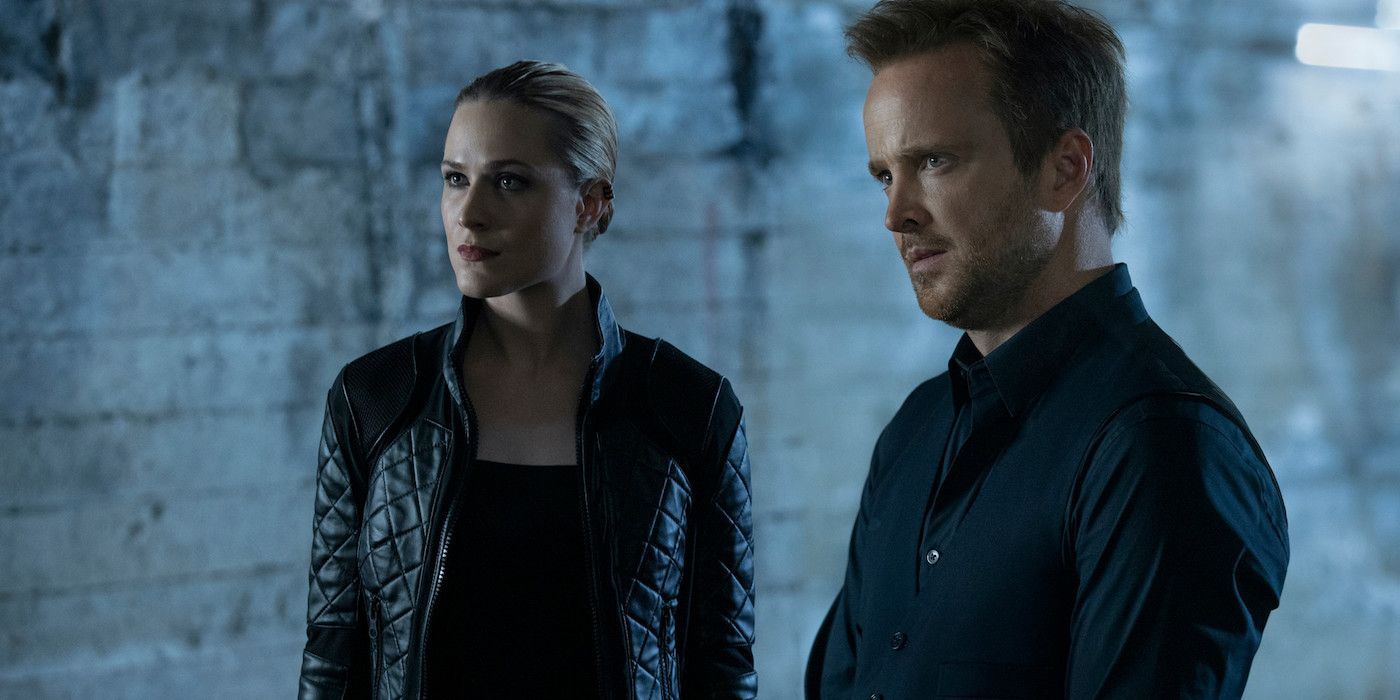
While he wasn't quite the right shape to fill the show's Anthony Hopkins shaped hole, the addition of Jess... Aaron Paul as Cal Nichols was one of the best things about season 3. While we still followed Dolores' story, the show needed a new protagonist from the real world to come across her, leading to a character whose expected to carry an entire season of Westworld right out the gate whilst simultaneously acting as the audience's eyeholes.
And despite a movie's worth of backstory to unload every episode on top of all that, he played it perfectly and brought some personality to a season seemingly written by a deranged algorithm. The dialogue scene in the diner between Aaron Paul and Evan Rachel Wood is electric.
1 Season 1: Immersion
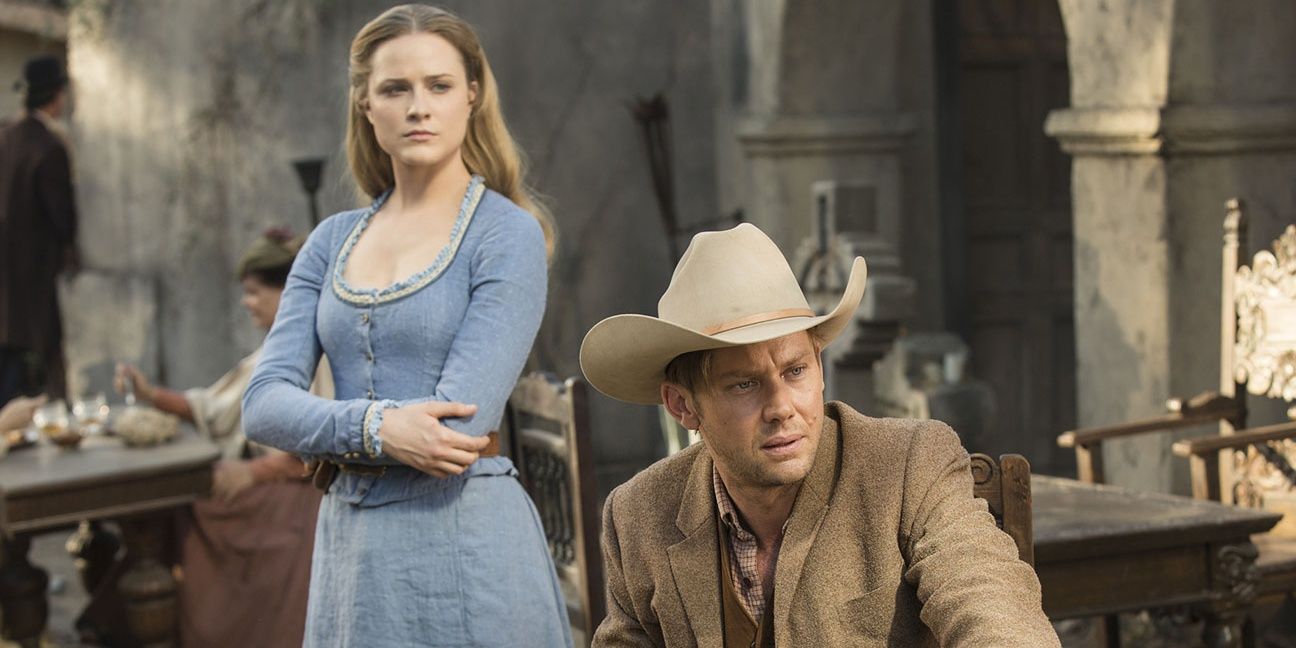
While season 3 had plenty of great scenes and one or 2 great episodes, the inconsistent quality and structure make the overall experience less immersive. And immersion is everything. Immersion is the difference between The Lord of the Rings Trilogy and The Hobbit Trilogy. The purpose of fantasy and sci-fi is to offer an escape into an exciting new world, and every time the illusion is broken you remember where you're sitting, and it makes it difficult to care about Han Solo getting got.
Season 1 new to show us, not tell us and took us on a compelling journey without stopping, with a definitive ending. While season 3 Westworlded harder than any season yet in many ways, it couldn't reach the bar of consistent quality and atmosphere season 1 set. But it remains one of the most innovative and intelligent shows going, and the show's future is an exciting prospect.
from ScreenRant - Feed https://ift.tt/2y7IXqQ





No comments: